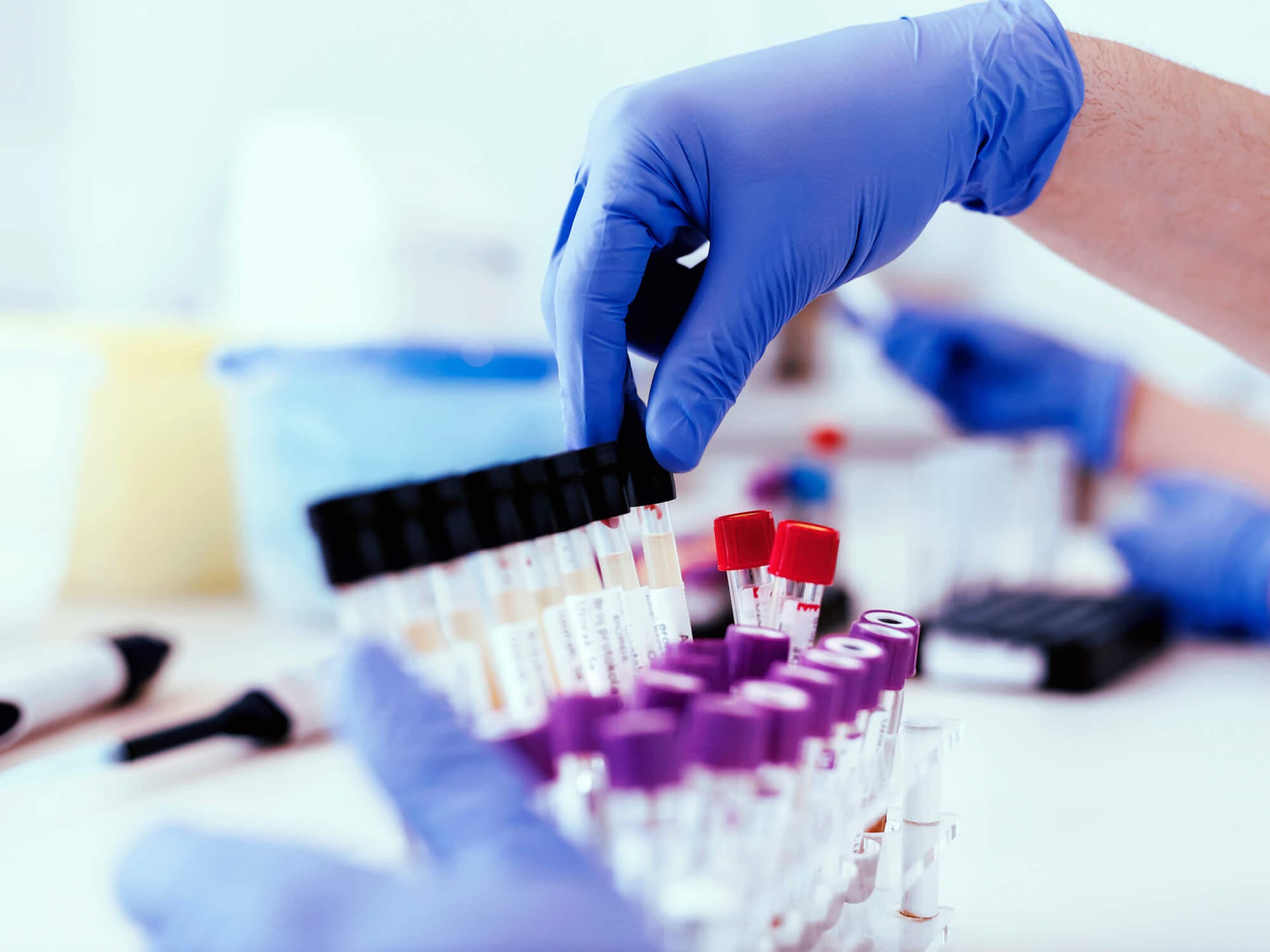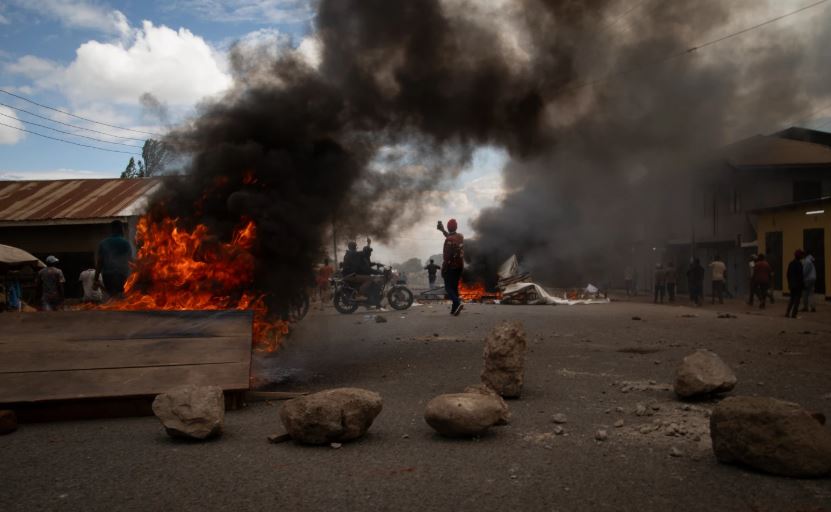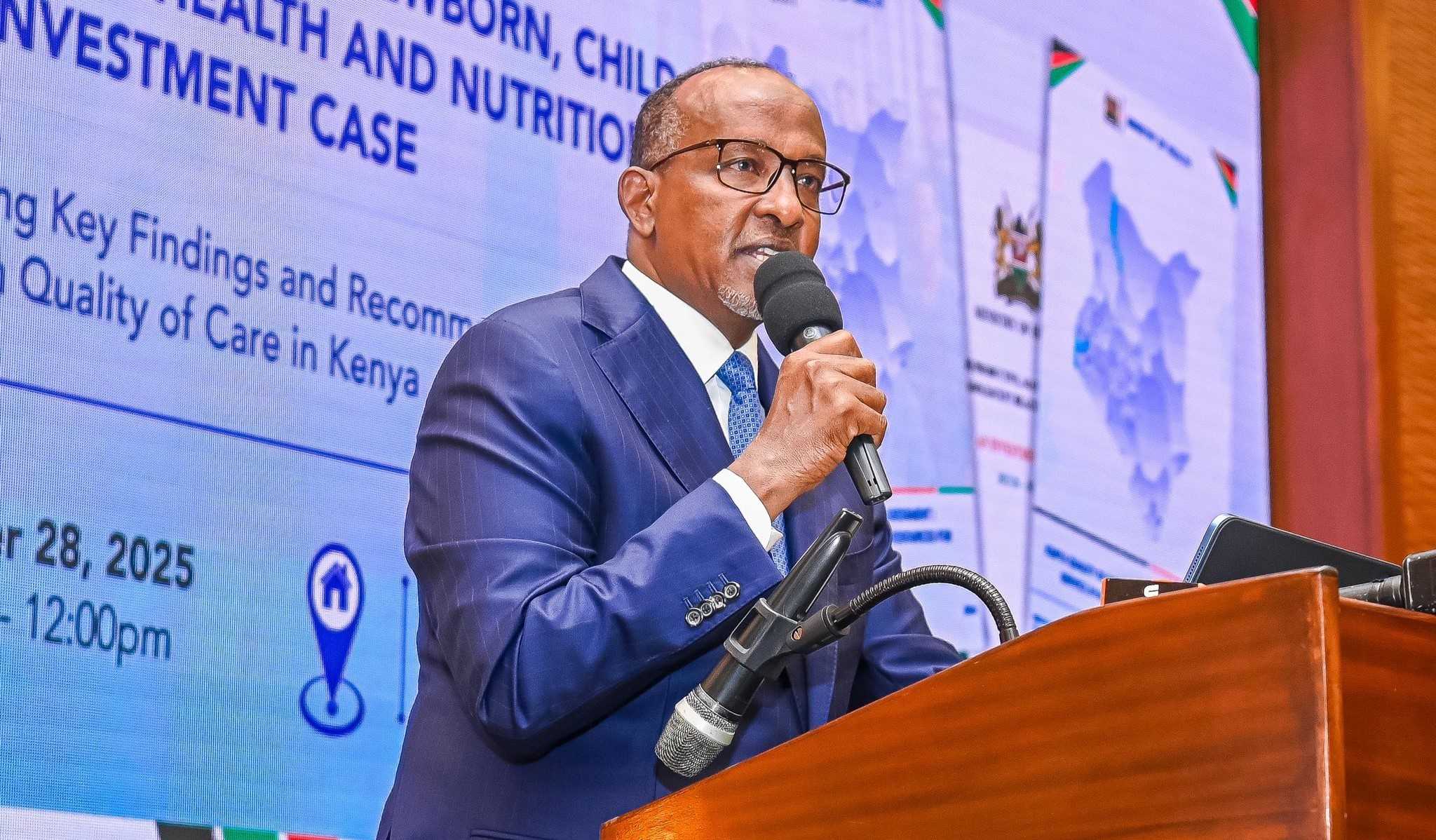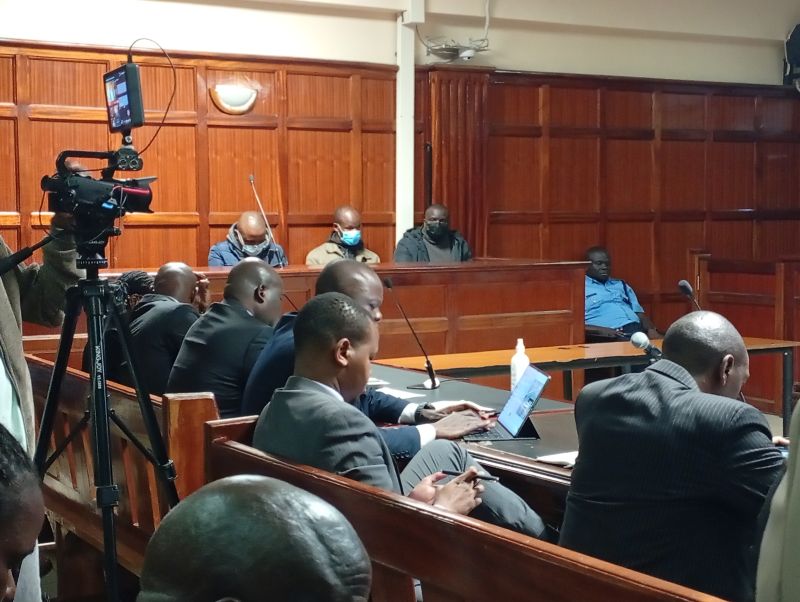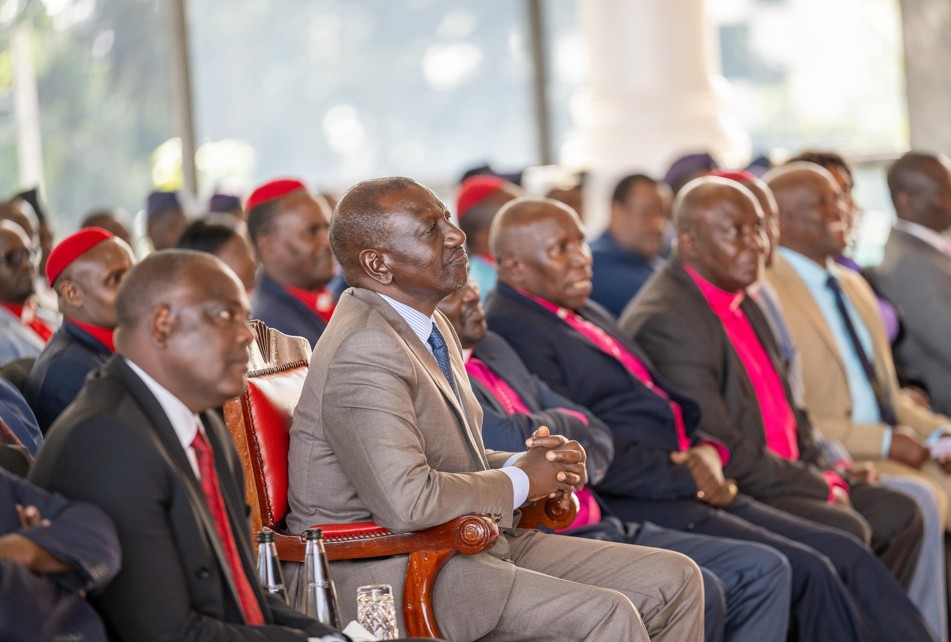Digital platforms fuel sexual exploitation of women in Kenya - report

Digital tools allow perpetrators to hide evidence, while law enforcement often lacks the technical skills to investigate cyber-related crimes.
Women and girls in Kenya are increasingly vulnerable to sexual exploitation through online platforms, with social media, messaging apps, dating sites, and mobile money services being misused by predators.
Two new reports reveal how digital tools are being leveraged to manipulate, abuse, and coerce women, both online and in real-world settings, often leaving survivors traumatised and justice elusive.
More To Read
- Kenya outshines neighbours in media coverage of SGBV, femicide
- Activist files petition challenging Cybercrimes Act 2024 over free speech fears
- Maraga blasts Ruto for hurried signing ‘draconian’ laws on day of Raila’s death
- DPP calls for empathy-driven justice in defilement prosecutions
- International Day of the Girl: UNICEF highlights increased risks for girls amid crisis
- Unmasked: The truth behind child marriages
The report, Experiencing Online Sexual Exploitation and Abuse in Kenya: Survivor Narratives and Legal Responses, documents twenty survivors’ experiences, exposing the personal and legal challenges faced by women targeted online.
Produced by Equality Now in partnership with KICTANet, with testimonies gathered by HAART Kenya, Life Bloom Services International, and Trace Kenya, the study sheds light on the overlap of online and offline abuse.
Survivor-focused reforms
It recommends survivor-centred reforms to strengthen protection and access to justice.
A complementary policy brief, Not Just Online: Addressing Sexual Exploitation and Abuse Across Digital and Physical Realities, analyses how online abuse reinforces offline exploitation.
It highlights gaps in laws, institutional responses, and public awareness that leave victims without protection or legal remedies.
Recommendations focus on prevention, accountability, and support systems that span digital and physical spaces.
Predators exploit platforms such as Facebook, WhatsApp, TikTok, dating sites, encrypted messaging services, and mobile money apps like M-Pesa.
Weak monitoring by tech companies and inadequate enforcement of content policies exacerbate the threat.
Survivors face coercion into creating sexual content, blackmail using intimate images, livestreamed abuse, and trafficking, often with perpetrators operating across borders with near-total anonymity.
Financial vulnerability is a recurring theme. 18 survivors reported being lured with promises of money or employment. Four women were recruited abroad and subjected to sexual violence.
“He then linked me through WhatsApp to a man he said would give me a job. This man took me to a hotel and forced me to have oral sex with him. The agent threatened to kill me if I ever uttered a word about the sexual abuse. I only reported when I returned to Kenya at the Department for Criminal Investigations headquarters. I was asked for proof of the rape or if I could provide DNA evidence, which I did not have,” one survivor said.
Trauma and elusive justice
Reporting abuse remains a major challenge. Survivors often face fear, family pressure, and dismissive authorities.
Ivy ( not her real name), a schoolgirl at the time of her abuse, recalled: “After everything, I went to the police, hoping for justice, but they told me I had to pay Sh 8,000 (USD $62) if I wanted them to track down the two men. I’d already lost so much that day, and now it felt like I was being punished again. The system that was supposed to help me felt like another betrayal.”
Digital tools allow perpetrators to hide evidence, while law enforcement often lacks the technical skills to investigate cyber-related crimes.
The adversarial court system may re-traumatise survivors through repeated questioning, forcing them to face abusers, and prioritising evidence over wellbeing.
Corruption further undermines confidence in the justice system, and free legal aid is often essential for survivors to pursue their cases effectively.
Kenya has enacted laws such as the Sexual Offences Act (2006), Counter-Trafficking in Persons Act (2010), and Computer Misuse and Cybercrimes Act (2018), along with the 2024 amendment.
The country has also ratified regional and international treaties, including the Maputo and Palermo Protocols.
Despite these measures, enforcement is weak, laws lag behind technological advances like AI and deepfakes, and online harms remain poorly defined.
Experts stress the need for survivor-focused reforms, better coordination between justice, health, and psychosocial services, and trauma-informed approaches.
Stronger regional cooperation, including ratifying the Malabo Convention on Cybersecurity and Personal Data Protection, can enhance cross-border investigations, corporate accountability, and protection for women and girls.
Top Stories Today
